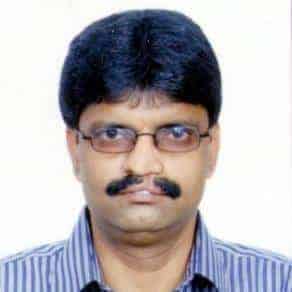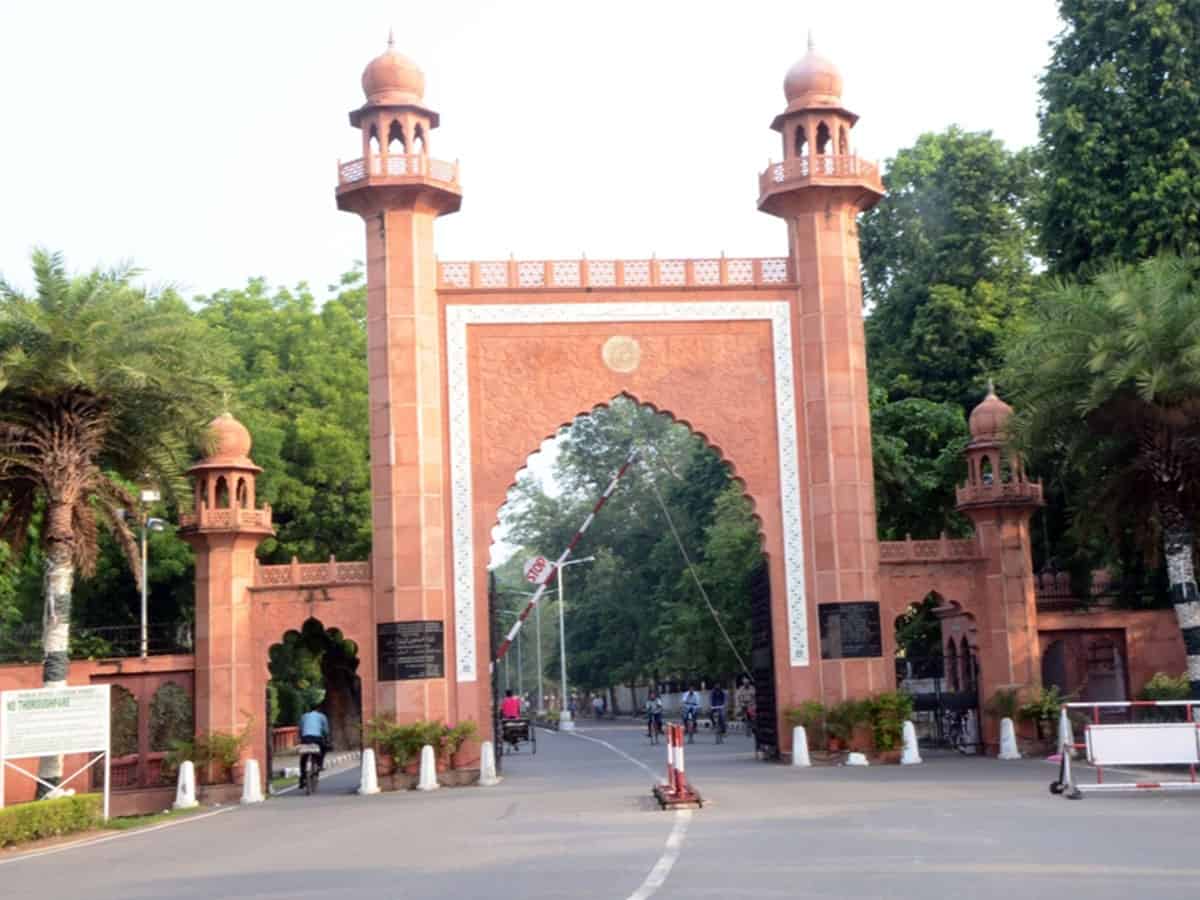
Mohammed Wajihuddin
Dear students,
Soon after India’s Independence, AMU faced an existential crisis. There were inimical forces within that wanted to tear apart the house of wisdom Sir Syed Ahmed Khan had built so lovingly. Watching closely the unfolding events at AMU from Delhi were PM Jawaharlal Nehru and his fellow traveller in the freedom movement and later cabinet colleague, education minister Maulana Abul Kalam Azad.
Nehru and Azad scanned the horizon to choose a man who could lead AMU out of the dire straits it was in. Their choice fell on an eminent economist, educationist and academician Dr Zakir Husain. An alumnus of AMU, Husain, as VC of Jamia Mallia Islamia University, had piloted then nascent nursery to national eminence.
Because of his vision and a natural affinity with AMU as it was also his alma mater, Nehru and Azad rightly believed he would restore order in the varsity. They were not wrong.Zakir Sahab led AMU as it’s VC from 1948 to 1956. Closing charms, sewing up fractures, applying salve wherever needed, he nursed the once splintering institution back to health. The university got a speed that only picked up more pace in later years.
In eternal gratitude of one it’s greatest sons and a saviour, AMU later named its engineer college after Zakir Sahab. Cut to 2020.AMU, along with Muslims of India, face an existential crisis again. With Citizenship Amendment Act (CAA) threatening to turn Indian Muslims into second-class citizens as it makes religion basis for citizenship, the community is too distracted to give attention to what is happening at AMU. Since December 15 last year when the VC Dr Tarique Mansoor, in collaboration with the police, cracked down on students protesting the unconstitutional CAA and police attack on students of Jamia Mallia, the AMU students have been restive.
When the varsity reopened after nearly one month’s of forced closure, the students demanded the resignation of both the VC and the Registrar. Ideally the VC should have taken moral responsibility and resigned as he had failed to save students from police brutalities (he said he never asked the cops to take disproportionate action).
Let us give the VC a benefit of doubt that he wanted action only against the anti-social elements who had mingled with regular students and were threats to university properties. Even then, as guardian of the children, if he thinks students are like his children, he should have stepped down because he has lost the trust of the student community on the campus.
But he will not quit. He would rather close the university once again as his latest letter to students suggests than step aside and let a temporary VC run the show. Dear students, you must understand that you are not in Nehru’s India. And there is no Maulana Azad as education minister to indulge you even if you show anger to him.
And Dr Tarique Mansoor is no match for Dr Zakir Hussain when it comes to summoning a combination of courage and foresight to quell student unrest. A hostile regime which is anti-intellectual wealth and sees a section of citizens with jaundiced eyes cannot be expected to be sympathetic to your cause.
Your demand, therefore, for resignations of VC and Registrar, though legitimate, will fall on deaf ears. By continuing to boycott classes and exams, you will be giving the VC an excuse to shut down the university again. Who will be the ultimate losers? The VC, teaching and non-teaching staff will continue to get paid their salaries even if there is no work on the campus. The cops will be asked to enter the campus again and evacuate the hostels. You will lose your session and probably one crucial year.
I just heard a viral audio conversation of a law student of AMU with Political Science’s Professor Arshi Khan. When the student asks Khan what should the students do, Khan says that honesty feels the students should resume classes, sit for exams and protest to if they believe they must protest.
He adds that his own children are no longer studying at the university and, if they were there, he would have advised them too not to harm their career. This seems a sage suggestion. Protest is a continuing process. For students, the world is a stage and peaceful protests can happen in various forms.
A head of an educational institution will feel isolated if he is disliked by a majority of the students. Professor Khan also gives yeo examples from history. He says, and rightly so, that Sir Syed would not have succeeded in his mission had he remained perpetually hostile to the British though he had lost close relatives in the Holocaust of 1857.
His mother became so ill and famished due to lack of food and care that she died soon after the storm had passed. Prof Khan cites the Hudaibiya agreement he signed with the pagan Meccans. Despite his companions giving a dissenting note that it was capitulation and humiliating, the Prophet went ahead with the agreement because he could forsee its noble results in future.
Self-preservation is a trait of the wise and AMU students must learn it. When I was a student at AMU in the mid-1980s I remember the renowned Urdu scholar late Qazi Abdus Sattar once saying:” Hindustani Musalamaanon ka asli Taj Mahal woh nahin jo Agra mein. Woh hai jo Aligarh mein hai (The real Taj Mahal of Indian Muslims is not the one at Agra, but the one that is at Aligarh). How true.
We are proud of the beautiful Taj Mahal in Agra. But it is an architectural beauty cast in cold, lifeless white marble. But the Taj Mahal that Sir Syed has left for us pulsates with a unique vigour and vitality. It epitomizes a renaissance that brought renewal to a community which had hit a dead end in the aftermath of 1857 pogrom.
Dear students, you have made a pledge to preserve and protect this great heritage that you have inherited. And let me tell you, the world can give you institutions with better infrastructure. The world cannot give you another AMU. AMU is intertwined with the fate of Muslims even if many may disagree. If AMU dies, so will Muslims in India.
And there is nothing communal in saying so. Those who know the circumstances in and purpose for which AMU was created will agree. As an alumnus, it is my fervent appeal to you to go back to your classes, defeat the designs of those who want your seminary to be locked up. You will not be ashamed before the old man of Aligarh when you meet him on the Day of Judgment. Neither will I.
Mohammed Wajihuddin, a senior journalist, is associated with The Times of India, Mumbai. This piece has been picked up from his blog.

